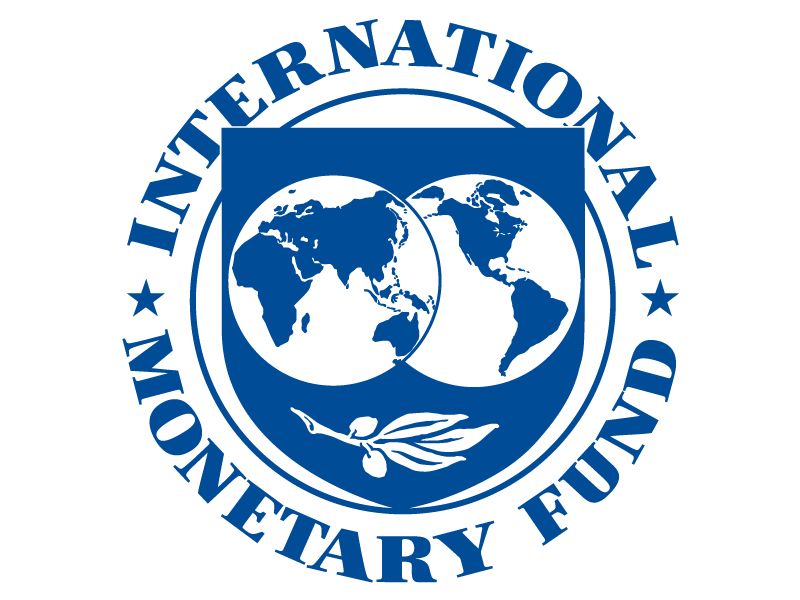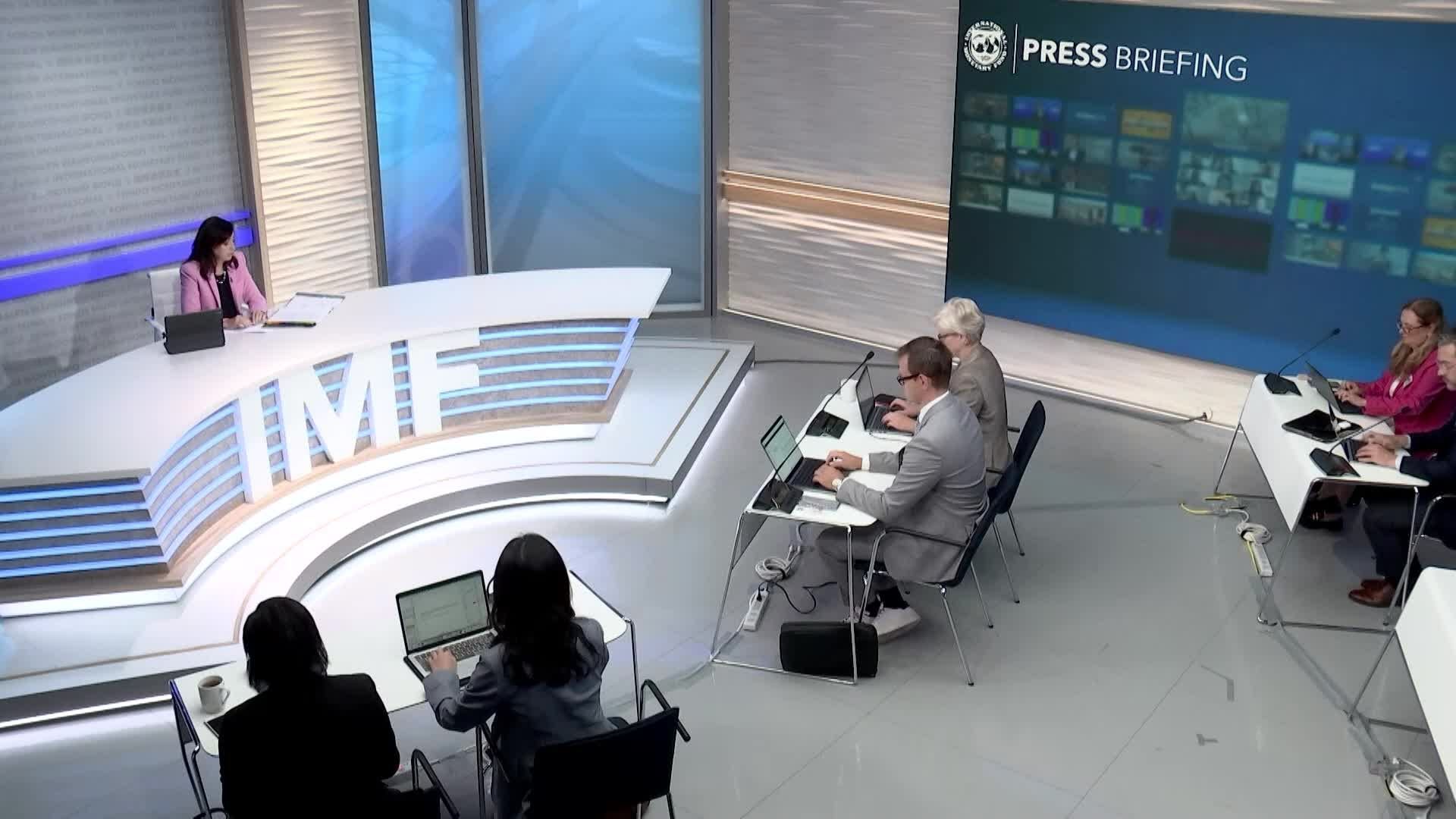The IMF is reaffirming its commitment to “bringing the world to Morocco, and Morocco to the world,” at it’s Annual Meetings next month the IMF’s spokesperson Julie Kozack said Thursday (September 28) in Washington, DC.
“Since the devastating earthquake in Morocco on September 8th the IMF and World Bank have closely worked with the authorities to assess the situation and the city's readiness to hold the Meetings. In doing so, a key consideration for all of us was to make sure that the Meetings would not hamper vital relief and reconstruction efforts that are underway. Having been assured of that, we are eager to be in Morocco this month to stand in solidarity with Morocco and to highlight the strength of the Moroccan people,” Kozack told reporters.
Thousands of reporters, policymakers and civil society members will go to Marrakech from October 9-15 for the Annual Meetings. There will be events aimed at helping people displaced by the earthquake, and the tone will be subdued and respectful, Kozack added.
Persistent high inflation globally has caused central banks and governments to tighten financial conditions. But monetary policy is beginning to diverge, Kozack said.
“We are in a less synchronous monetary policy environment as inflation outcomes have started to diverge among countries. And with this in mind, of course, it's appropriate for monetary policy to respond to country specific inflation outcomes and developments,” Kozack explained.
On another aspect of divergence, the IMF sees a danger in geoeconomic fragmentation, or countries separating in to trading blocs or enacting exclusionary policies.
Kozack was asked whether the recent moves toward expansion of the BRICS (Brazil, Russia, India, China) was a net positive or negative to global growth.
“So I think our bottom line is if countries come together and that supports collaboration and cooperation among countries, then then that's something that that we support. What we, of course, want to avoid and what our Managing Director has talked about extensively is, of course, fragmentation of the global economy. We believe that that would be costly for the global economy. That's what our analysis suggests, that fragmentation could reduce global GDP by 7%, which is the size of Germany and Japan. So we are warning against the costs of fragmentation, but of course we welcome fora which allow countries to come together, talk, resolve problems and find solutions that help the global economy.”
Finally, Kozack said that the IMF needs greater resources to tackle the big economic issues facing the world. Fund membership is expected to do a new allocation, or the “16th review of quota” setting the ratio and amount of resources contributed by each country by the end of this year.
“An increase in quotas would scale up the predictable quota based resources available to IMF members and reinforce the role of the IMF as a provider of financial assistance to the broader membership at the center of the global Financial Safety net.”
The full transcript is available at: IMF.org

